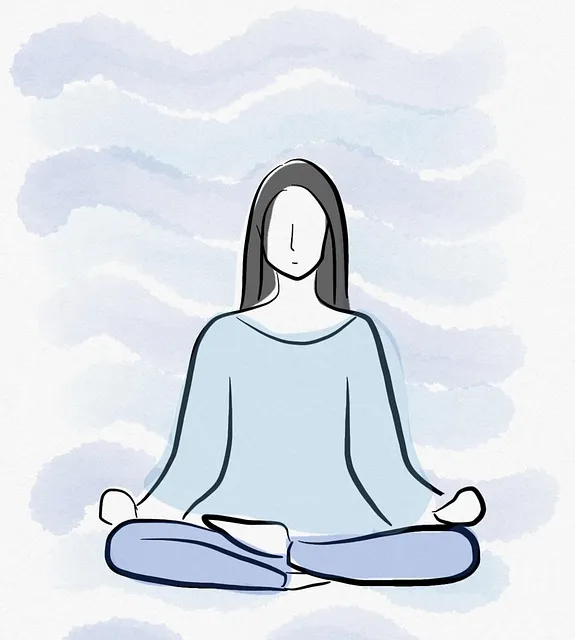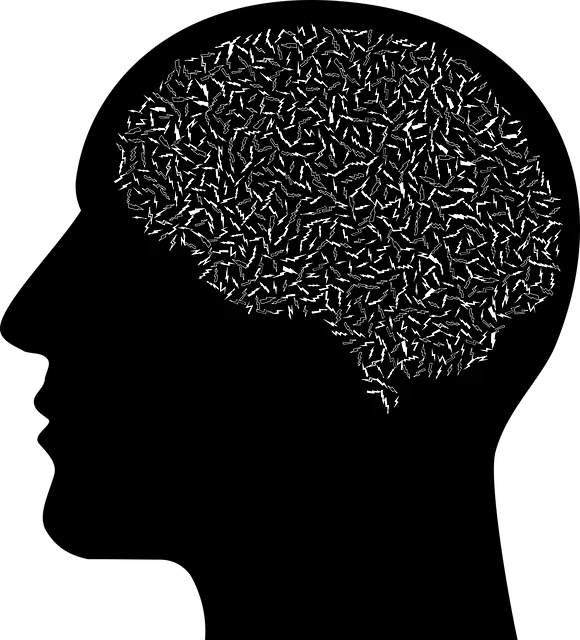The Boulder Kaiser Permanente mental health center focuses on creating a safe and supportive group therapy environment through facilitators who set clear ground rules, promote active listening, empathy building, and non-judgmental attitudes. Cultural competency training ensures respect for diverse backgrounds, fostering trust and open communication. This approach enhances mental wellness journeys by encouraging honest participation in therapeutic exercises like journaling and collaborative activities, mirroring the center's commitment to crisis intervention programs.
At the Boulder Kaiser Permanente mental health center, effective group facilitation plays a pivotal role in enhancing mental wellness. This article delves into essential techniques for fostering supportive environments that encourage open communication and active listening. We explore strategies for facilitating engaging group dynamics, recognizing diverse individual needs, and adapting to different populations. By implementing these practices, mental health professionals can revolutionize their approaches, ensuring every member of the group feels valued and supported on their journey towards wellness.
- Creating a Safe and Supportive Environment
- – Establishing ground rules
- – Building trust and fostering open communication
Creating a Safe and Supportive Environment

At the Boulder Kaiser Permanente mental health center, facilitating a supportive and safe environment is paramount to effective group therapy sessions. This involves cultivating an atmosphere where every participant feels seen, heard, and valued. Group facilitators play a crucial role in setting boundaries, establishing ground rules, and ensuring all voices are represented. By promoting active listening and non-judgmental attitudes, facilitators foster trust and encourage open communication. The goal is to create a space that mirrors the principles of Crisis Intervention Guidance, where individuals can share their experiences without fear of stigma or repercussions.
Empathy Building Strategies are integral to this process, as facilitators strive to understand each member’s unique perspective and background. Through cultural competency training for healthcare providers, the center ensures that facilitators are equipped to navigate diverse cultural contexts and beliefs. This sensitivity enables them to adapt their approach, ensuring every participant feels supported and respected. Ultimately, these efforts contribute to a positive therapeutic environment, enhancing the overall mental wellness journey for all involved.
– Establishing ground rules

Establishing ground rules is a vital step in creating a safe and supportive space for mental wellness group facilitation at Boulder Kaiser Permanente mental health center. These rules serve as a framework for open dialogue, ensuring every participant feels comfortable sharing their experiences. The process begins by encouraging active listening, where members pledge to pay full attention during personal narratives, fostering an environment of empathy and understanding.
Additionally, promoting respect and confidentiality is essential. Ground rules should emphasize the importance of maintaining privacy, allowing individuals to express themselves freely without fear of judgment or repercussions. This not only enhances mental health awareness but also encourages honest participation in exercises like journaling, where guided mental wellness journaling exercise guidance can be offered to help participants process their thoughts and emotions effectively.
– Building trust and fostering open communication

Creating a safe and supportive environment is fundamental when facilitating mental wellness groups at Boulder Kaiser Permanente mental health center. The first step involves building trust among group members, encouraging them to share their experiences openly. This can be achieved through icebreakers and collaborative activities that promote self-disclosure, fostering a sense of camaraderie and empathy. By establishing mutual respect and understanding, facilitators create a space where individuals feel comfortable expressing their feelings and challenges.
Effective communication is enhanced by active listening techniques and open dialogue. Group members should be guided to share their perspectives without fear of judgment, allowing for the exchange of diverse coping skills development strategies. The goal is to encourage a culture of vulnerability and support, mirroring the empathetic building strategies employed by Boulder Kaiser Permanente mental health center’s crisis intervention guidance programs. This approach lays the groundwork for meaningful connections and collective growth within the group setting.
Group facilitation techniques, as demonstrated by professionals at the Boulder Kaiser Permanente mental health center, emphasize creating a safe space for open communication. By establishing clear ground rules and building trust among participants, these strategies enable individuals to navigate their mental wellness journeys collaboratively. This approach not only enhances support systems but also fosters a sense of community, ultimately contributing to improved mental health outcomes in a supportive environment.






